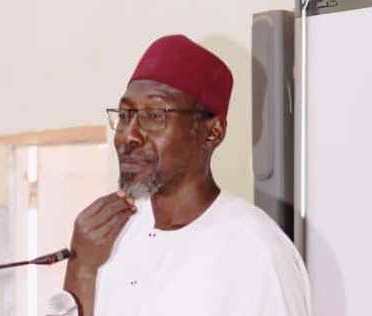
The major aim of the Faculty is to develop human resource capacity for directing and implementing of programme of Nigeria Agricultural Development. To achieve this objective, the Faculty conducts manpower training at both Undergraduate and Postgraduate levels with strong emphasis in both theoretical knowledge and practical agriculture. The Faculty up to 2015/2016 at the Undergraduate level was running two programmes (B. Agric and BSc. Agricultural Extension). However with two new Programmes added in 2016/2017 session, the Faculty now runs four programmes at undergraduate level, as follows: B. Agric., BSc. Agricultural Extension, BSc Fisheries & Aquaculture and BSc Forestry and Wildlife Management. The Programmes at postgraduate level varied in accordance with the nature and structure of the existing Departments in the Faculty. The Faculty of Agriculture is the largest in the Ahmadu Bello University, the largest and most cosmopolitan university in Africa, south of the Sahara. Although Ahmadu Bello University was established in 1962, the Faculty of Agricultures came into being in 1967, the first of such in northern Nigeria. The Faculty of Agricultures has since grown to become the largest in this university; with a total of 17 departments.
The Faculty of Agriculture has a mission to advance the frontiers of knowledge, break new grounds through teaching, research and Community Extension Services; to produce high-level manpower in Agriculture by training good quality undergraduate and postgraduate students to enable them use modern knowledge of Agriculture and Natural Resources Management through effective teaching, research and publication of the highest quality to promote sustainable Agricultural development and Environment in Nigeria in order to tackle problems of ignorance, poverty and land degradation while increasing agricultural production and other industrial raw materials.
The Faculty of Agriculture is a key player in the production of quality graduates who will make meaningful contribution towards the production of food and fiber for the growing population and raw materials for industries; engage in impacting modern Agricultural Knowledge and techniques; an instrument for the transfer of modern technology through well trained Agriculturist in food production, research, extension and natural resource management.